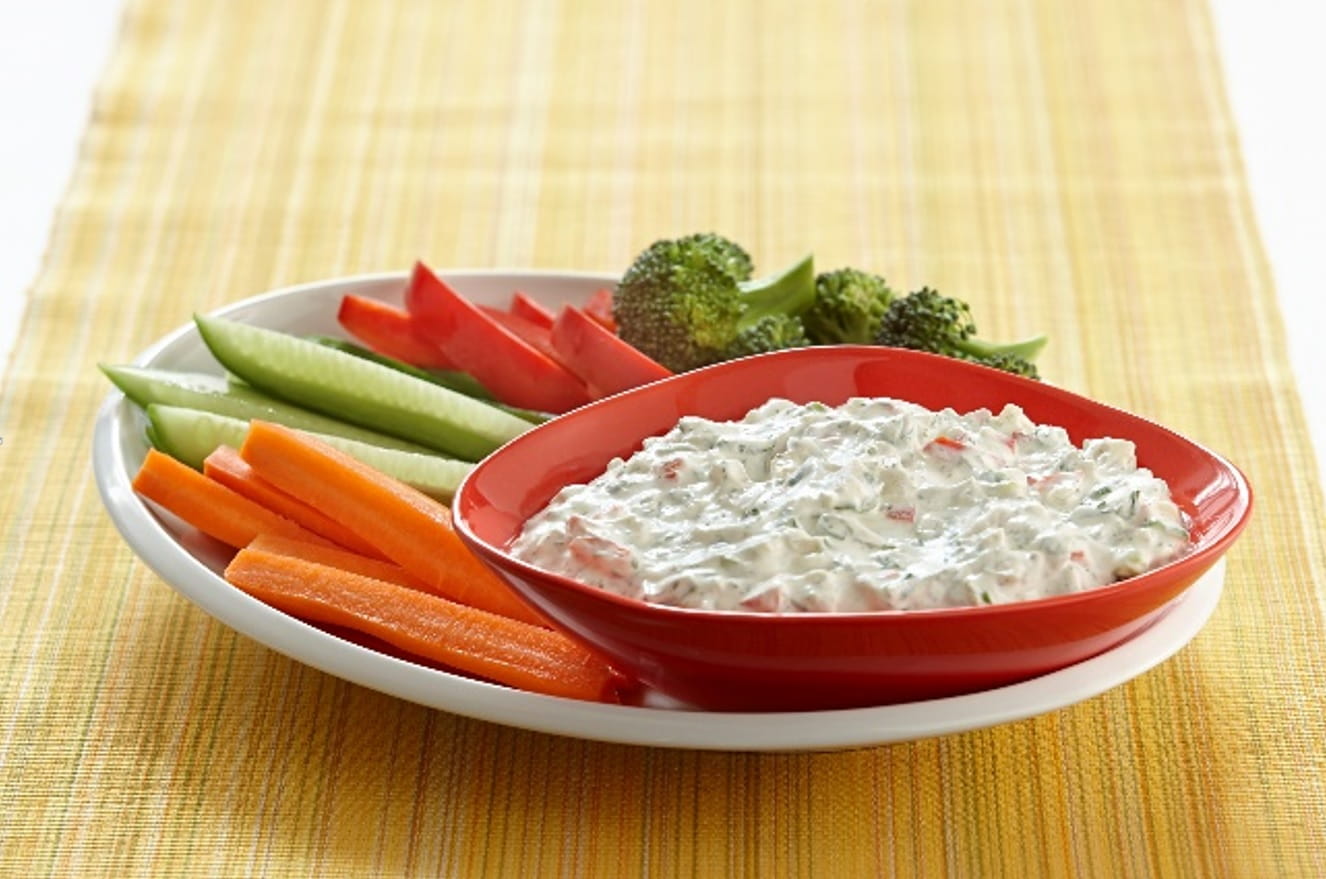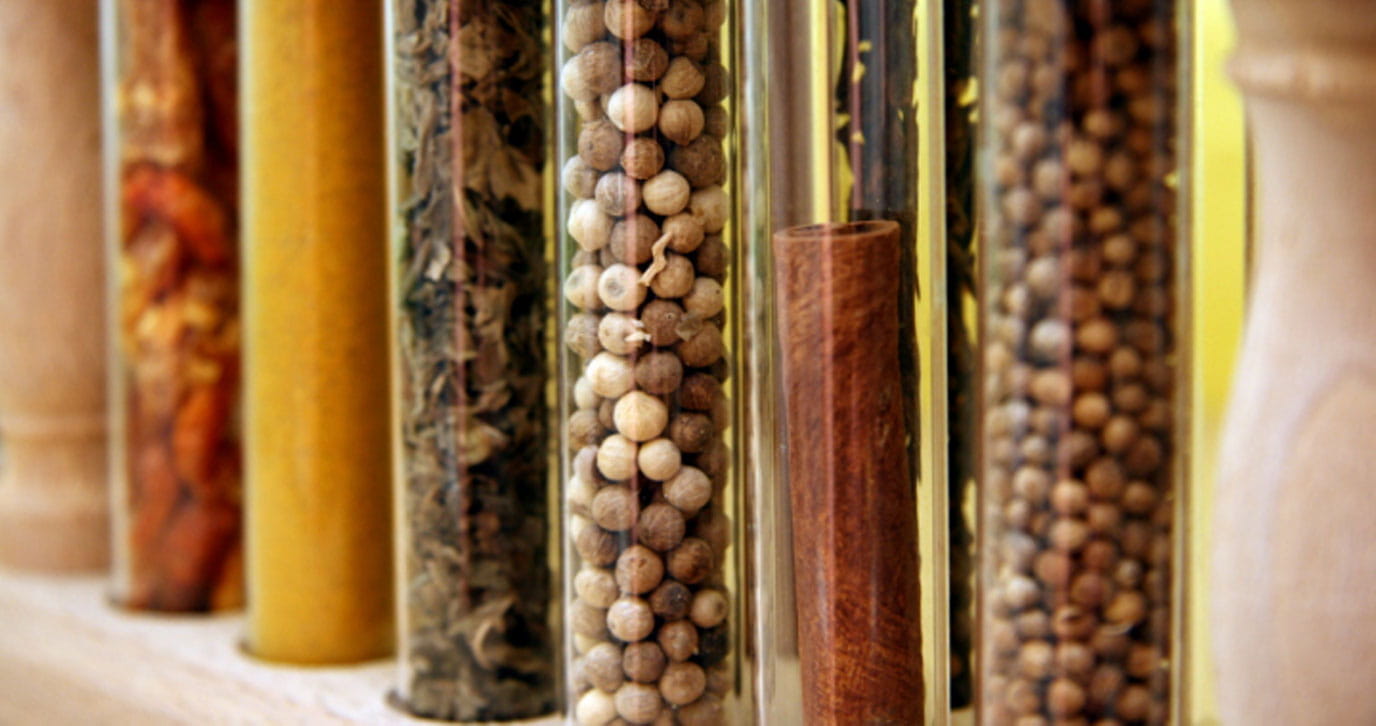November, 2024
Nutrition Education in Primary Care: Comparing Video vs Handout InterventionsEffect of Dips with Herbs & Spices on Preschooler Liking of Vegetables
Savage JS, Peterson J, Marini M, Bordi PL Jr, and Birch LL

May 2013--Researchers from The Pennsylvania State University conducted a research study to determine whether adding herbs and/or spices for a reduced-fat dip increased children’s willingness to taste, liking of, and consumption of vegetables. View the full text article (PDF)
Overview
This study looked at the effects of dips (with and without familiar herb and spice combinations) with serving vegetables alone (without dip) on children’s willingness to taste, liking of, and consumption of vegetables.
Methods
Two within-subject experiments were conducted to evaluate the effects of a reduced-fat dip (plain or herb) on preschool children's willingness to taste and liking of vegetables (Experiment 1), and the effects of serving vegetables with and without an herb-flavored dip on their consumption of vegetables (Experiment 2).
Results/Conclusions
The herb-flavored dip was significantly preferred over the plain dip, and children were three times more likely to reject the vegetable alone, compared with eating the vegetable paired with an herb dip (Experiment 1). Children ate significantly more of a previously rejected or disliked vegetable (celery and squash) when offered with a preferred reduced-fat herb dip than when the vegetable was served alone (Experiment 2).
The results of this study suggest that offering vegetables with reduced-fat dips containing familiar herb and spice flavors can increase tasting and thereby enhance liking, acceptance, and consumption of vegetables, including those previously rejected or disliked.






